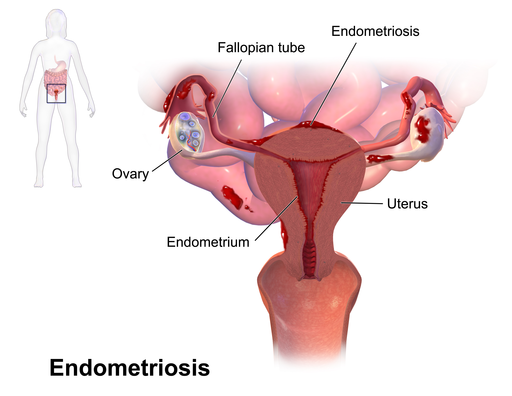.jpg) |
| By U.S. Fish and Wildlife Service Headquarters (Pinckney Island bicycling). Uploaded by Dolovis) [CC BY 2.0 (http://creativecommons.org/licenses/by/2.0)], via Wikimedia Commons |
Exercise Can Lessen Depression Symptoms...
A recent New York Times article notes that three studies have shown that exercise can not only improve symptoms in people with depression, but may actually keep people from becoming depressed to begin with. The studies combine research that altogether involves more than a million subjects.The pooled results persuasively showed that exercise, especially if it is moderately strenuous, such as brisk walking or jogging, and supervised, so that people complete the entire program, has a “large and significant effect” against depression, the authors wrote.
The samples on the whole indicated that exercise significantly reduced various markers of inflammation and increased levels of a number of different hormones and other biochemicals that are thought to contribute to brain health.The researchers caution, however, that larger and longer-lasting studies need to be done to draw solid conclusions about the depression-fighting effects that exercise can have on the brain.
...And Improve Chronic Illness
What about physical illness, especially the chronic variety? A recent Consumer Reports article (reprinted in the Washington Post) points to studies showing that exercise can offer disease-fighting benefits comparable to drugs or surgery, without the side effects. Citing a Canadian Medical Association Journal study, the article spells out how to get started with obtaining the disease-fighting benefits of exercise—safely—for several conditions including:- chronic obstructive pulmonary disease (COPD)
- type 2 diabetes
- osteoarthritis
Running or Jogging Can Counteract Alcohol Damage to the Brain
It's well known that excessive drinking can cause damage to the brain (and yes, it apparently really can kill brain cells). But another recent New York Times article suggests that jogging or running, or other forms of aerobic exercise, can minimize the damage that alcohol does. It points to studies presented at a Society for Neuroscience meeting last month revealing that the brains of rats that were given alcohol and then were made to run showed markedly different effects than their brethren who didn't exercise.Rats who didn't exercise had fewer neurons (nerve cells) in their brains, & their neurons showed damage to the mitochondria (the energy-producing parts of the cell). The rats who ran showed less neuron loss, and less mitochondrial damage.
As for how to fit in more exercise into your schedule of holiday parties, well, that's up to you.


